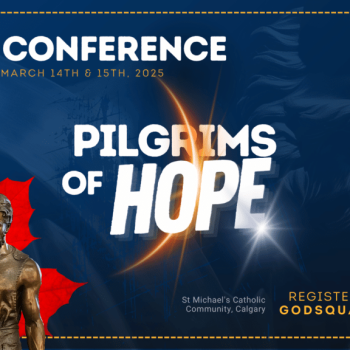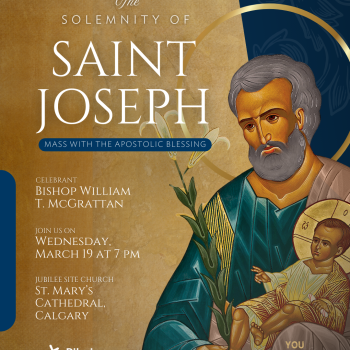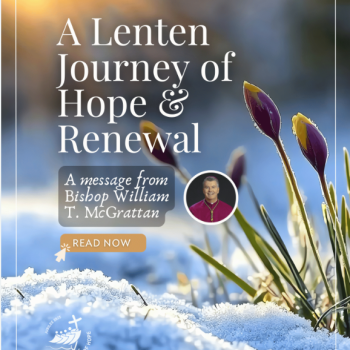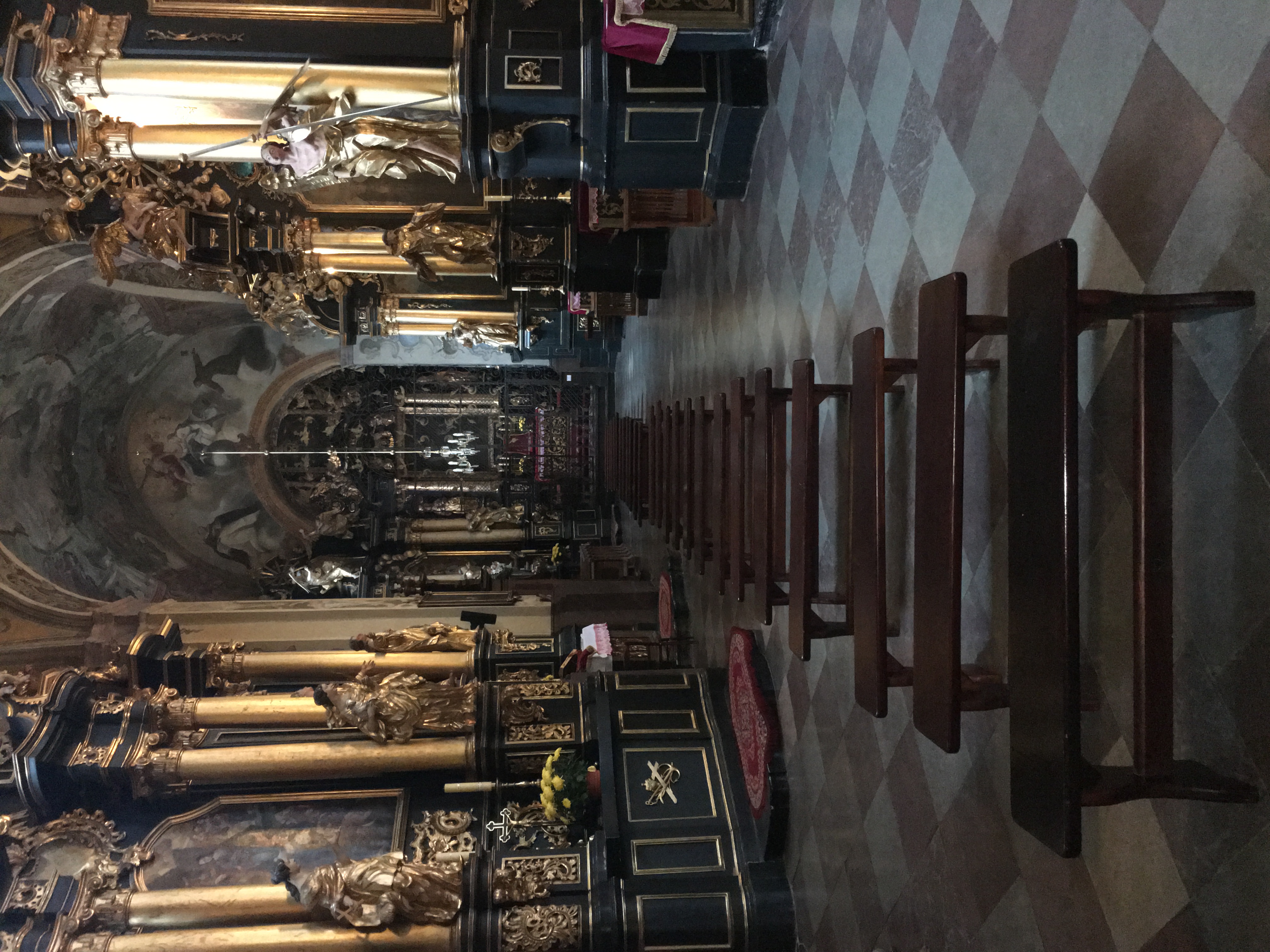Deciding what to give up for Lent is a personal choice, often guided by the desire to grow closer to God through sacrifice, self-discipline, and reflection. In the Catholic tradition, the focus is on letting go of something meaningful—something that challenges you or distracts you from your spiritual life—while also making room for prayer and good works. Here are a few ideas tailored to different aspects of life, based on common practices and the spirit of the season:
Food or Drink:
Beyond the required fasting and abstinence from meat on Ash Wednesday and Fridays, you might consider giving up something specific like sweets, coffee, soda, or alcohol. These are popular choices because they’re tangible sacrifices that test will power and remind you daily of your Lenten commitment. Technology and Entertainment: Cu ttin g back on screen time—think social media, streaming shows, or video games—can free up space for quiet reflection or family time. Maybe limit yourself to checking your phone only once an hour, or swap Netflix for a spiritual book.
Habits or Vices:
If there’s a habit you’ve been wanting to break, like gossiping, swearing, or procrastination, Lent can be the perfect time to tackle it. It’s less about the thing itself and more about redirecting that energy toward patience or kindness.
Comforts:
Some people give up small luxuries, like sleeping in late, taking hot showers, or eating out. These sacrifices can heighten awareness of others who lack those comforts year-round, inspiring gratitude and charity.
Adding Instead of Subtracting:
You could also “give up” some of your free time to take on a positive act—like volunteering, praying a daily Rosary, or helping a neighbor. This complements the traditional idea of almsgiving and can feel just as sacrificial.
A good question to ask yourself:
What’s something I lean on too much that I could offer up to God instead? For example, if you’re glued to your phone, maybe scale back. If you’re a chocolate enthusiast, skip it for 40 days. The key is picking something that’s a stretch but doable—and then sticking with it. What do you think? Anything in your daily routine stand out as a candidate?

_small.jpg)


_small.jpg)

